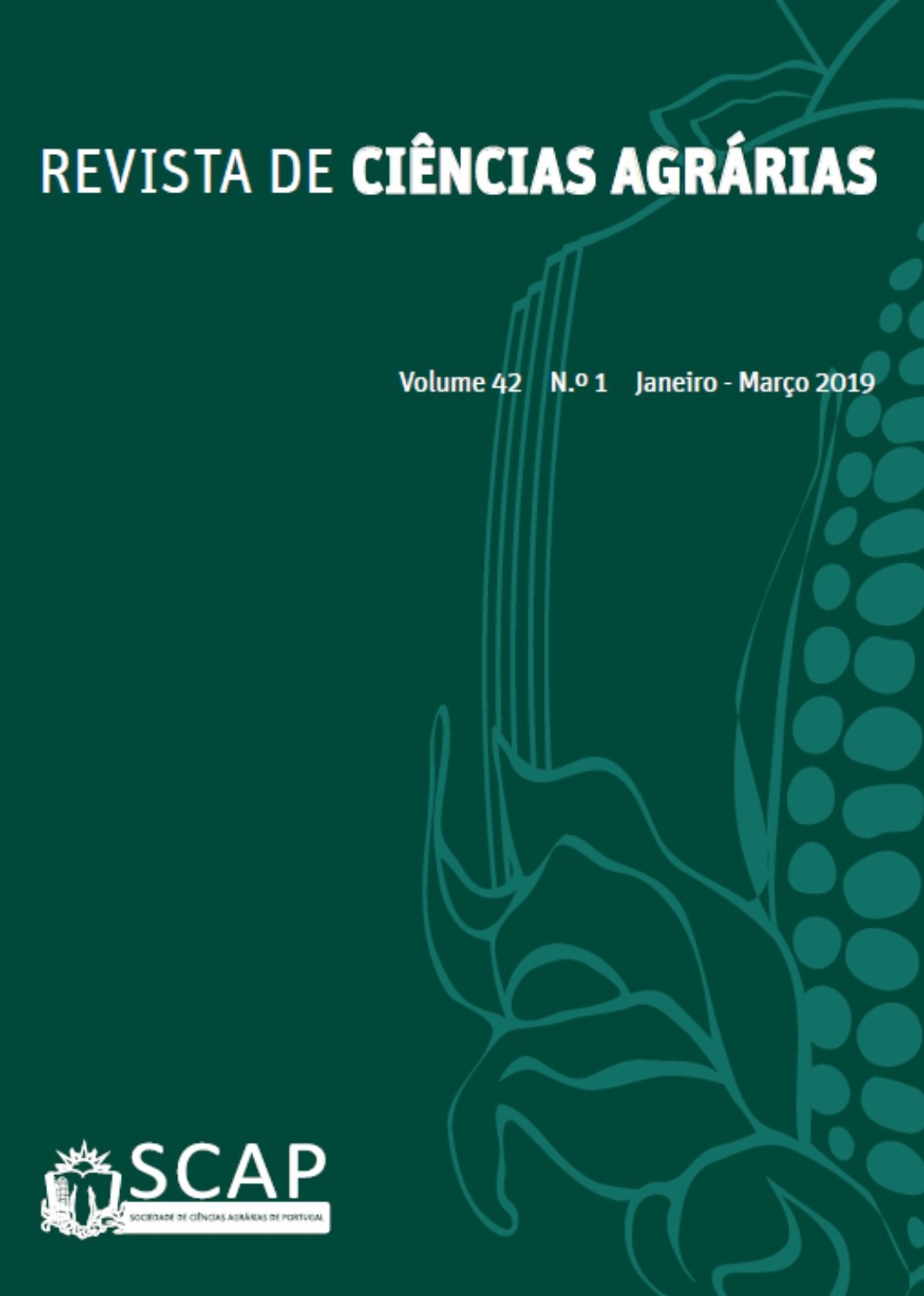Relation of milling process and physiological quality of rice seeds during storage
DOI:
https://doi.org/10.19084/RCA18287Abstract
Rice (Oryza sativa L.) is one of the most widely grown crops in the world and one of the earliest domesticated crop species. Also, its consumption is around 20% of the world’s caloric intake. It was aimed in this study to evaluate the relation between milled rice yield and physiological quality of rice seeds during storage. Two experiments were carried out with seeds of long-fine common rice and special rice cultivars. The storage evaluations were made at 0, 30, 60, 90 and 120 days. The experimental design was completely randomized with 3 x 5 factorial (cultivars x storage) for each experiment, with four replicates. The performed tests were: Milled rice yield, weight of one thousand seeds, germination, first count of germination and electrical conductivity. The special rice cultivars ‘BRS 358’ and ´Jasmine’, as well as the common rice cultivars ‘Sinuelo’ and ‘Jaçanã’, have greater potential for seed physiological quality and milled rice yield. The physical quality for milling process is linked to the physiological quality of the six cultivars tested.


